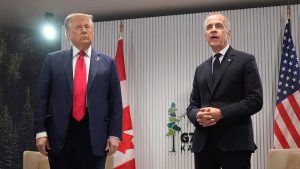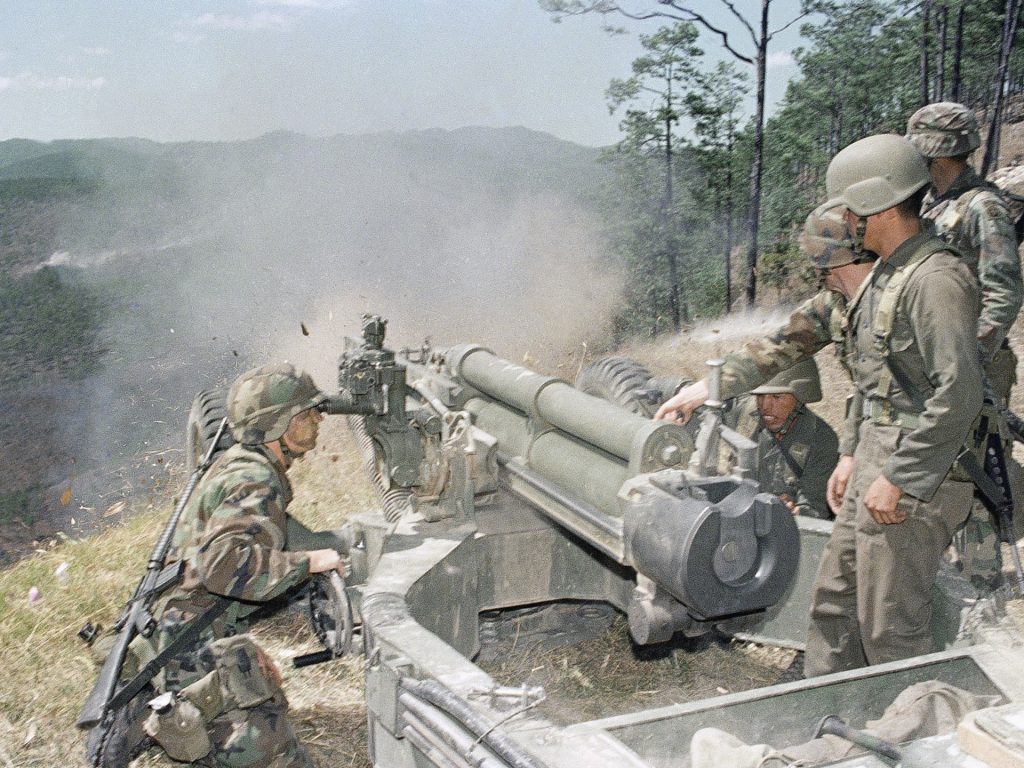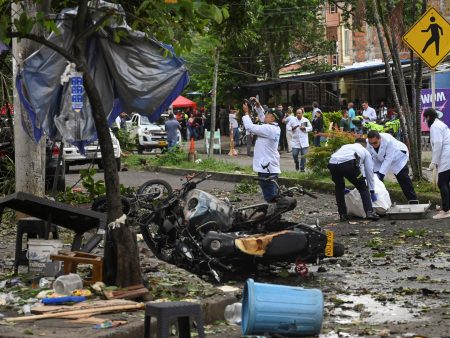The incoming US administration under President Donald Trump has ignited a diplomatic row with Honduras by proposing mass deportations of undocumented immigrants, many of whom are Honduran. Honduran President Xiomara Castro responded by threatening to reconsider the country’s military cooperation with the US, specifically highlighting the future of Soto Cano Airbase, a significant US military installation on Honduran soil. Castro’s statement not only tied the base’s existence to the deportation issue but also expressed broader criticism of the long-standing US military presence in Honduras. This escalating tension reflects a potential shift in the geopolitical dynamics of Central America and the US’s role within the region.
Soto Cano Airbase, established in the 1980s during the Cold War, has served as a crucial hub for US military operations in Central America. Housing over a thousand US personnel, it facilitates rapid deployment of forces for disaster relief, aid distribution, and counter-narcotics operations. Its strategic location offers proximity to key drug trafficking routes and provides a crucial staging ground for surveillance and interdiction efforts. However, the base’s role has been subject to criticism, particularly in light of the US government’s past support for the now-imprisoned Honduran president, Juan Orlando Hernandez, convicted of drug trafficking and money laundering. While the US doesn’t directly pay Honduras for the base, it contributes to the Honduran economy and provides infrastructure development, intelligence sharing, and emergency assistance.
Honduras’s threat to reconsider the base’s future represents a bold move, potentially signaling a shift in the power dynamic between the two nations. Experts view this as a significant turning point in Central American geopolitics, challenging the US’s long-held dominance in the region. While some believe the move is primarily a negotiating tactic given Honduras’s economic dependence on the US, particularly through remittances, others see it as a preemptive strike against Trump’s policies and an assertion of Honduran sovereignty. The situation is further complicated by the potential for increased US competition with China in the region, which could make the US more reluctant to relinquish its military foothold.
The threat of mass deportations presents a significant challenge for Honduras. Hundreds of thousands of Hondurans living in the US could face expulsion, a burden the small Central American nation is ill-equipped to handle. Remittances from these individuals constitute a substantial portion of Honduras’s GDP, and their removal would have severe economic ramifications. This economic vulnerability complicates Honduras’s position, forcing it to balance its dependence on the US with the need to protect its citizens abroad. The collapse of the Francis Scott Key Bridge in Baltimore, where a Honduran national and other Central American immigrants were among the victims, underscores the significant role Hondurans play in the US economy, particularly in labor-intensive sectors.
The likelihood of Honduras following through on its threat remains uncertain. Many analysts view it as a negotiating tactic, recognizing Honduras’s limited leverage against the US. However, President Castro’s statement marks a clear departure from traditional deference to US power, signaling a potential recalibration of the bilateral relationship. Trump’s hardline stance on immigration, including the proposed tariffs on Mexico and Canada, adds further complexity to the situation, creating uncertainty for Latin American governments as they attempt to anticipate and prepare for his policies.
The US response to Honduras’s threat will significantly shape the future of bilateral relations. Experts anticipate a negative reaction, particularly from the Republican-led administration, potentially straining ties further. The threat could be perceived as a direct challenge to US authority, and the Republican party may seek to align Honduras with what they perceive as unfriendly regimes in the region, such as Venezuela and Nicaragua. While the US might view the loss of Soto Cano as disappointing, its strategic importance has diminished over time, and alternative locations could be utilized for its operations. However, the diplomatic fallout and the potential for escalating tensions could have broader implications for regional stability and cooperation. The situation underscores the complex interplay between migration, economics, and security in the US-Honduras relationship, and highlights the challenges facing smaller nations in asserting their sovereignty in the face of pressure from a global superpower.










